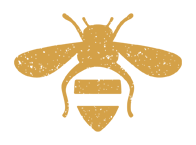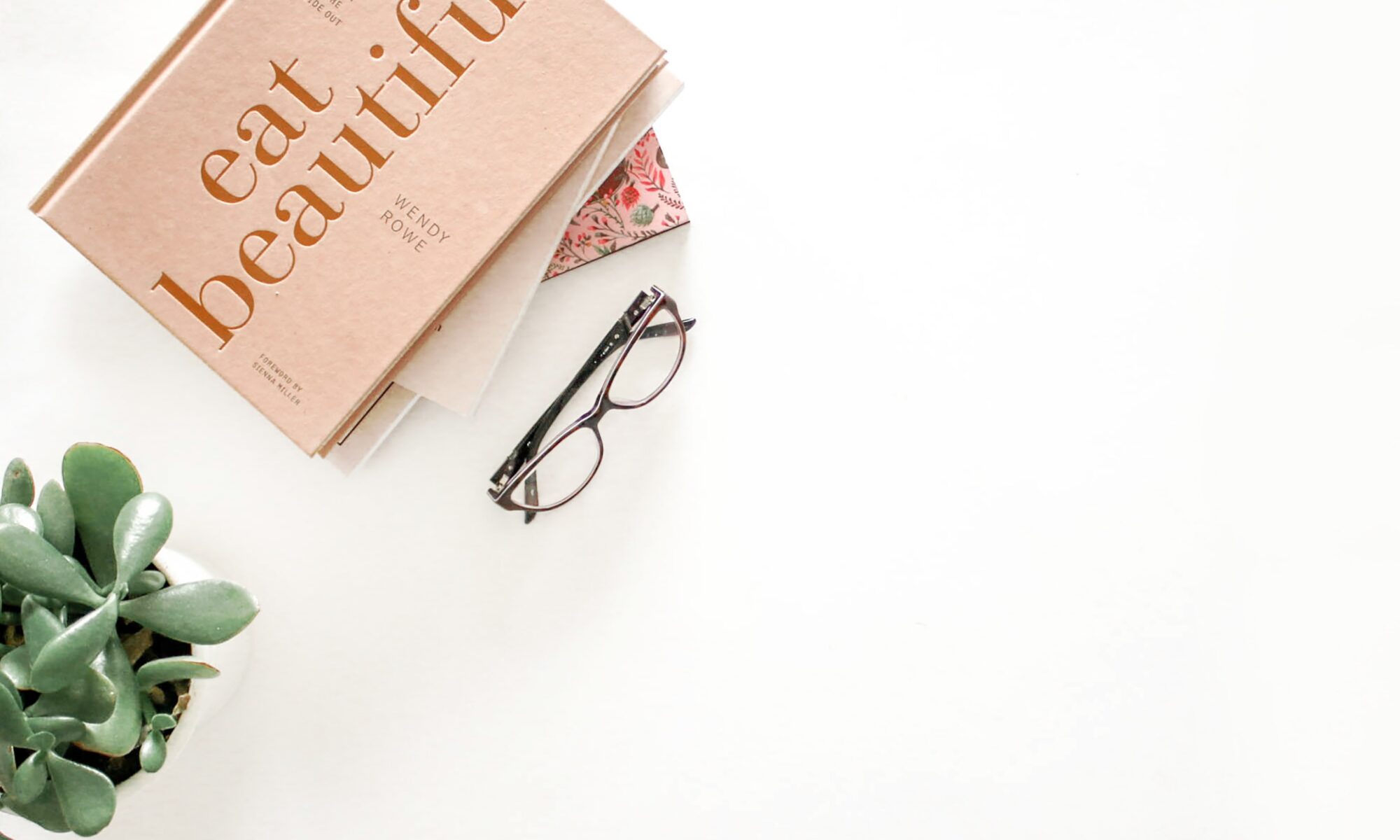If you are a book lover, you know the optimism and excitement of cracking open a new book. Whether it’s an author you know and love, a recommended read from a friend, or your book group’s latest selection, every book you open is an opportunity to connect with and learn from the wide range of human experience.
Americans buy roughly 700 million books in print each year from booksellers—not counting the many more volumes purchased at book fairs, at author events, and through local used book sales! In fact, 25% of Americans own more than 100 print books—and even more in digital formats.
We’ve put together our best advice from the Bees on how to know when to let go of old books, what to do with the books that no longer need to stay in your collection, and how to organize the rest!
There Are NO RULES in Book Organizing.
The most important rule of book organizing is that there are no rules in book organizing. You don’t need to organize your books like the library does or your bookstore does or your mom does. Organizing your books is a very personal choice, and what works for one will not work for all.
Each book in your home entered your collection for a reason. Maybe the you from 20 years ago adored the author, or you inherited a collection from someone you love, or you bought a parenting book (or 10!) to read when you have more free time. If you’re like us, you have many books that you’ve never read and never intend to read. And if you are like us, some books in your collection are a direct connection to your heart, either because of who gave them to you or how they make you feel.
As you think about your collection of books, reflect on whether you truly need to hold on to every book you have, and consider how the books you keep might do a better job of serving you and your home.
Letting Go of Books
You may come to realize that you have more books than you want or need in your life. We hereby give you permission to let go of those books that are taking up space without giving you anything in return. If you are struggling with the process of sorting through your books to select what to keep and what to let go of, remember that the Bees have developed a tried-and-true process for that!
For book lovers, the idea of throwing away a book is an abomination! Luckily, there are so many places and organizations that would love to acquire the books that you are ready to pass along. Here are a few of our favorites:
- Little Free Libraries: More than 150,000 Little Free Libraries can be found all over the country—no library card required. Anyone is welcome to drop off or pick up a book to keep. Find the closest ones to you by using their library locator map! You can drop off a few books from your collection while keeping an eye out for new-to-you books that you would love to read!
- Public Libraries: Most public libraries appreciate donations of gently used books. While some books might be added to their regular collections, others will be sold at periodic book sales to raise money for library operations and activities.
- Book Drives: Keep your eye out for charities, schools, and international education nonprofits who might be collecting used books. Everything from textbooks to romance novels can find a second life!
Now that you’ve found new homes for the books you are willing to part with, it’s time to think through how to organize the volumes you are keeping.
How to Organize Your Books
The most important question to ask yourself is what organizational style will best serve you? If you rarely or never refer back to a book on your shelves, you can feel free to organize your books aesthetically. But if you are the kind of person who needs to be able to find a specific volume, you will need to use a more systematic approach. Here are a few of the most common ways to organize home libraries.
- Topic or genre: Create separate sections for categories of books, just like you’d find at your local bookstore. Gardening? Nonfiction? Travel books?
- Alphabetically: If you have a large collection, a simple way to organize them is alphabetically by either the last name of the author or the title of the book.
- Color: Arranging books by the color of the spines can make for a strikingly beautiful display in your home—whether you put them in rainbow order or just chunk them together for bright bursts of color.
- Size: The shelving you are working with may play a role in choosing how to best organize your books. Consider separating hardcover and paperback books, if it works for you. This can help you maximize space and make the different heights of books less jarring.
Whether you organize for aesthetics or for functionality, keep in mind these key ideas:
- Use vertical space. Consider using vertical stacks of books in addition to the typical horizontal display you’d see in a library. The variety can be more efficient in using space and be more attractive to the eye!
- Include breathing room. If you can, leave some empty spaces on the shelves through the selective use of stacking or book ends.
- Incorporate other objects. Think about tucking a few framed photos, houseplants, and other treasures among your books.
- Rotate your books. If you have limited shelf space, you can keep it fresh by rotating books in and out of storage whenever you have the whim. There is no rule that you must have all of your books displayed at the same time!
Remember our most important guideline of all—there is no single right way to do this. These are YOUR books, in YOUR space, and you can organize them in whatever way feels best to you. And, as always, if you need help organizing your books—or any other space—call in the Bees!



